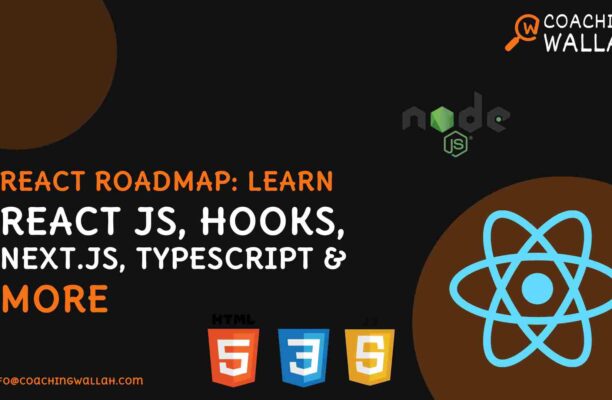The IT industry is at the forefront of innovation, shaping the future of work and redefining career opportunities. As we step into 2025, technology is evolving at an unprecedented pace. Staying ahead of these changes is crucial for both students aspiring to join the industry and employees looking to advance their careers. Let’s explore the top IT trends that are set to dominate the industry in the coming years and how you can leverage them for success.
1. Artificial Intelligence (AI) and Machine Learning (ML): Shaping the Future
AI and ML are no longer buzzwords—they’re now core components of IT solutions across industries. From personalised recommendations to predictive analytics, organisations are integrating AI to enhance efficiency.
Why It Matters for You:
- Students: Learning AI/ML programming languages like Python and R can give you an edge. Explore frameworks like TensorFlow and PyTorch to build projects.
- Employees: Upskilling in AI technologies can open opportunities for roles such as AI Engineer, Data Scientist, or AI Ethics Specialist.
2. Cloud Computing: The Backbone of Modern IT
With the increasing reliance on remote work and digital infrastructure, cloud platforms like AWS, Microsoft Azure, and Google Cloud are pivotal in IT operations.
Why It Matters for You:
- Students: Obtain certifications in cloud technologies to stand out, such as AWS Certified Solutions Architect or Microsoft Azure Fundamentals.
- Employees: Transitioning to cloud-based roles, like Cloud Engineer or DevOps Specialist, can boost your career prospects.
3. Cybersecurity: Securing the Digital World
As digital transformation accelerates, the threat of cyberattacks increases. The demand for skilled cybersecurity professionals is skyrocketing, making it one of the most lucrative and secure career paths.
Why It Matters for You:
- Students: Begin with certifications like CompTIA Security+ or Certified Ethical Hacker (CEH). Hands-on experience with tools like Kali Linux can set you apart.
- Employees: Advanced roles like Cybersecurity Analyst or Security Architect require a blend of experience and advanced certifications like CISSP or CISM.
4. Data Science and Analytics: Powering Decisions with Data
Data has become the new oil, driving decisions in business, healthcare, and technology. As a result, data professionals are in high demand for their ability to extract meaningful insights from raw information.
Why It Matters for You:
- Students: Start by mastering SQL, Excel, and Tableau. Follow up with advanced skills in Python, SAS, or Hadoop.
- Employees: Expanding your expertise in big data tools like Apache Spark or machine learning can position you as a valuable asset.
5. Blockchain and Web3: Redefining Decentralisation
Blockchain technology is growing beyond cryptocurrency, powering decentralised finance (DeFi), supply chain management, and digital identity solutions.
Why It Matters for You:
- Students: Learn about blockchain development tools like Ethereum, Solidity, and smart contracts.
- Employees: Roles like Blockchain Developer or Web3 Specialist offer exciting opportunities to innovate.
6. Low-Code and No-Code Development: Simplifying IT Solutions
Low-code and no-code platforms are empowering non-developers to create applications, democratising the development process and accelerating project timelines.
Why It Matters for You:
- Students: Familiarise yourself with tools like OutSystems, Bubble, and Zoho Creator.
- Employees: These platforms enable IT professionals to focus on high-priority tasks and deliver projects faster.
7. Quantum Computing: The Next Frontier
Quantum computing is in its early stages and promises to solve problems beyond the capabilities of classical computers. Companies like IBM, Google, and Microsoft are heavily investing in this field.
Why It Matters for You:
- Students: Start by understanding quantum principles and exploring platforms like IBM Q Experience.
- Employees: Staying informed and developing expertise in quantum algorithms can position you for future opportunities.
How to Stay Relevant in 2025 and Beyond
- Continuous Learning: Enrol in online courses, attend webinars, and participate in bootcamps to keep your skills sharp.
- Networking: Join IT communities on LinkedIn, Reddit, and local meetups to stay updated and connected.
- Certifications: Invest in industry-recognised certifications to validate your skills and knowledge.
- Hands-On Projects: Build and showcase projects on GitHub or personal portfolios to display your abilities.
Conclusion
The IT industry is brimming with opportunities. The key to unlocking them lies in staying informed and adapting to new trends. You’re a student taking your first steps into the field or an employee aiming to elevate your career. The future of IT promises endless possibilities. Start preparing today to thrive in the tech landscape of tomorrow.




Leave your comment